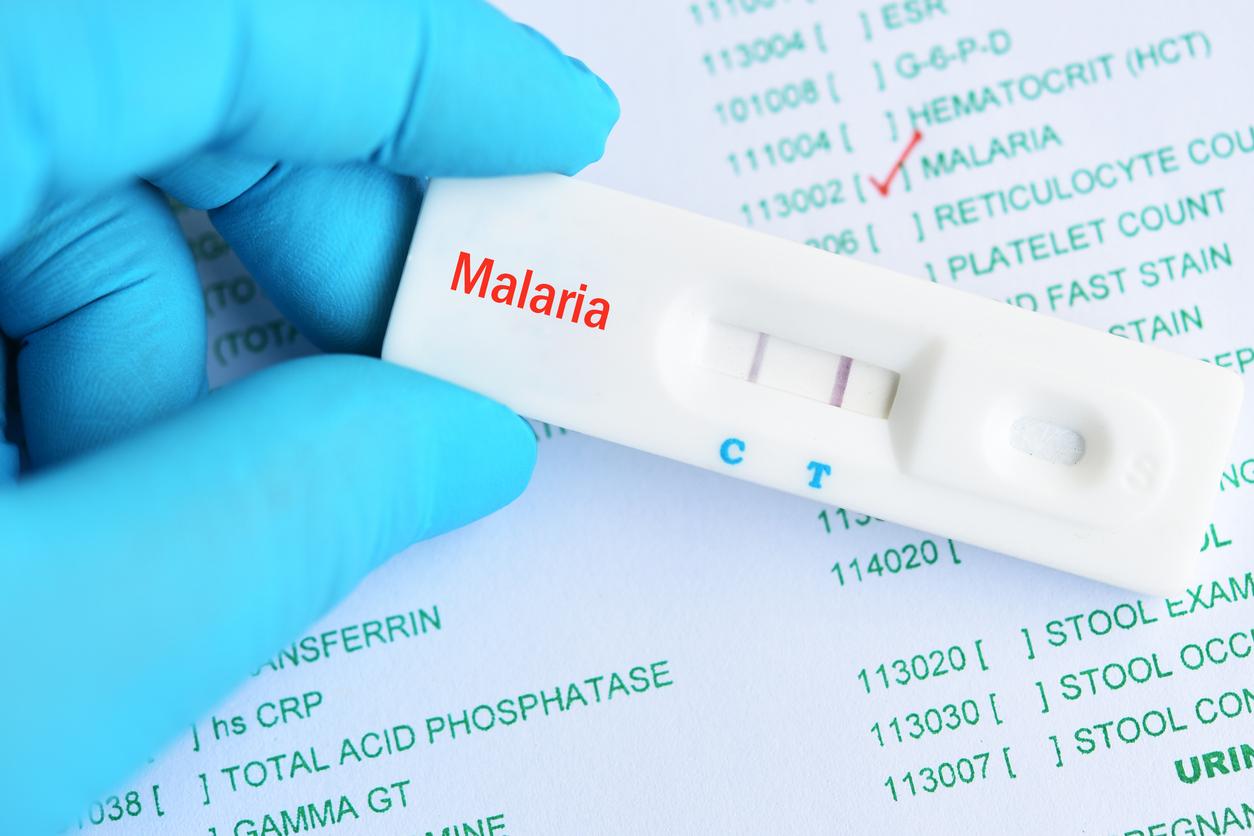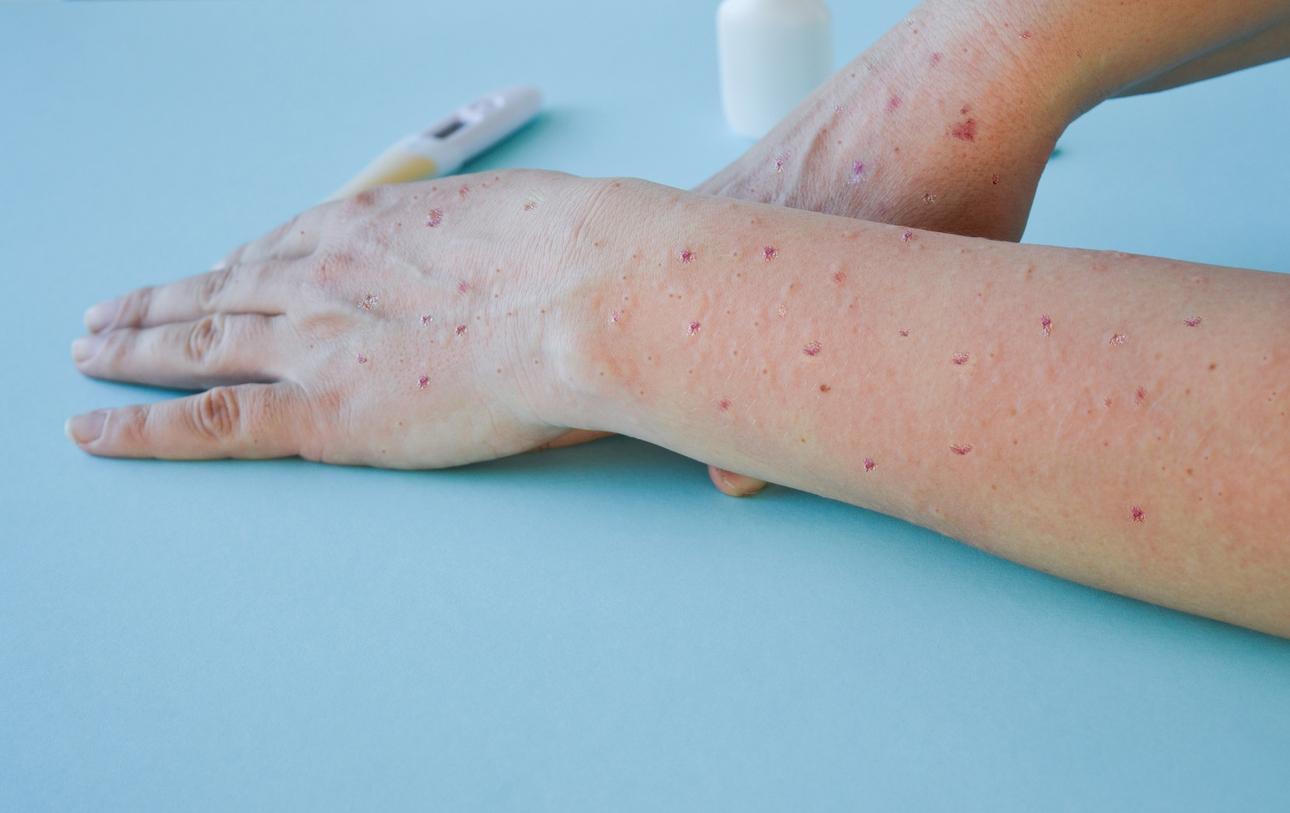Together with affected countries, WHO is planning a new large-scale plan to eradicate the disease by 2030.
-1432302119.jpg)
This Wednesday, the World Health Organization (WHO) endorsed the implementation of a plan aiming to reduce malaria-related deaths by 40% by 2020. In the long term, the objective is to eradicate the disease definitively by 2030, by reducing the cases of infected patients by 90%.
This program should be implemented in 2016, while currently malaria is responsible for nearly 600,000 deaths each year (90% in Africa).
Collaboration with the countries concerned
At least 35 countries would be affected by this new plan. Since 2000, the death rate from malaria had fallen by 47%. This reduction was made possible thanks to the large-scale implementation of all the basic interventions recommended by the WHO (vector control, chemoprevention, etc.). Very effective measures and an optimal quality / price ratio. If these figures are very positive, they do not presage an eradication of this disease transmitted by the mosquito.
To achieve its ends, the WHO has decided to engage the major resources in close collaboration with the countries most affected by malaria. It has three important elements: a guarantee of access to prevention and diagnosis, an acceleration for the countries concerned in obtaining the status of “country free from malaria” and finally a strengthening of disease surveillance.
“This is the most ambitious strategy put in place since the mid-twentieth century,” said Pedro Alonso, head of the global malaria program at the WHO, interviewed by AFP.
The organization also stressed the need for support from local governments, which must improve their health systems in order to facilitate the management of the disease. Innovation and research will also be two important bases on which this project will be based.
This strategy should allow the millions of people who did not have access to treatment to finally be able to seek treatment. Today, nearly 60% of infected individuals are not diagnosed and even less treated. In addition, prevention will also be a major stake in eliminating the disease for good, especially in children who represent three-quarters of malaria-related deaths.
Malaria does not want to go away
Malaria is still a very widespread disease, particularly in Africa where nearly 550,000 deaths are to be counted each year. Especially since recently, some trials have shown that vaccines are not fully effective in preventing disease in infants and children under two years. In addition, the resistance of the disease to certain treatments remains worrying.
.

















